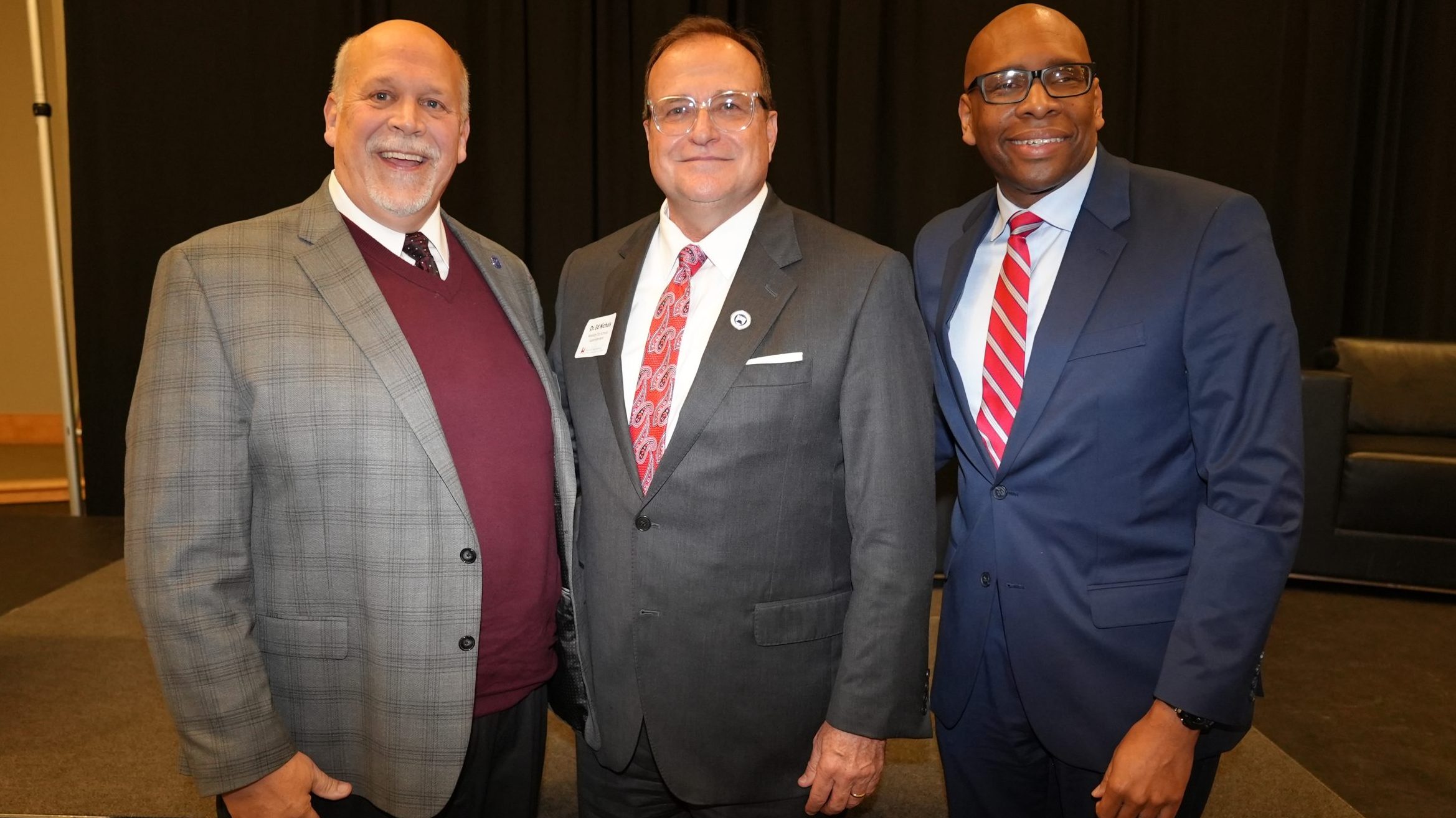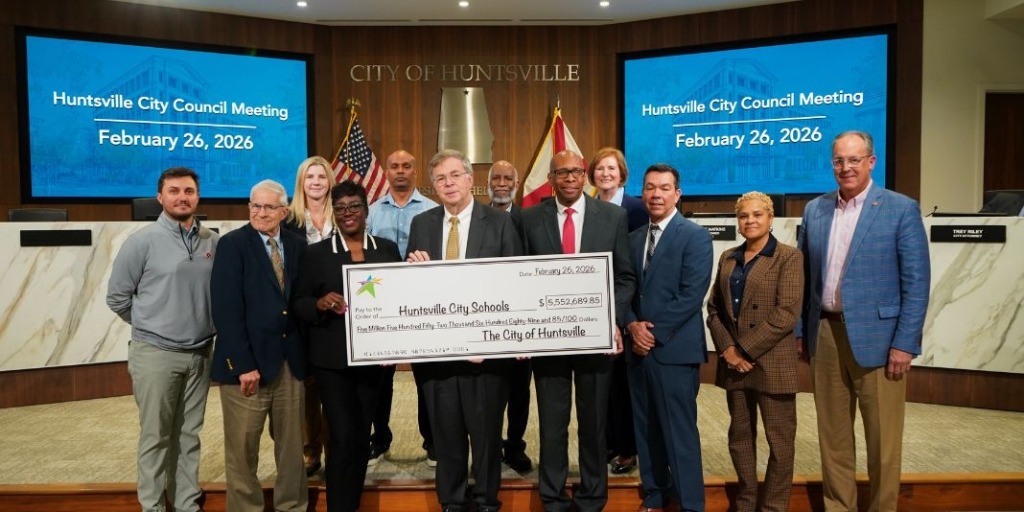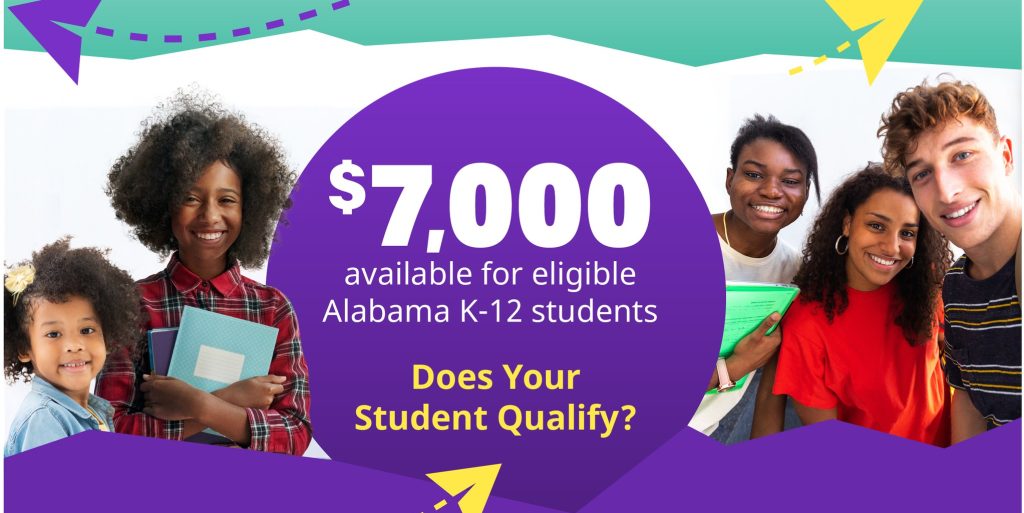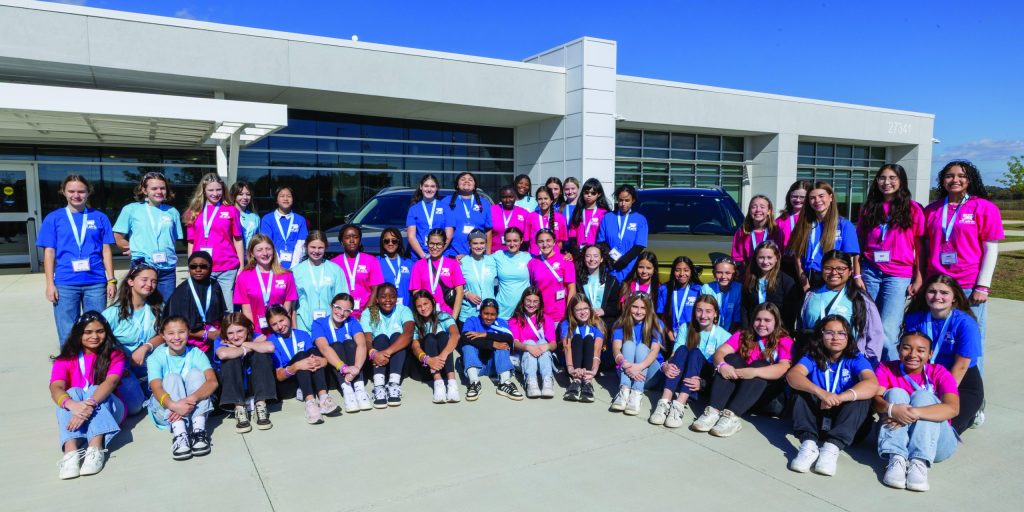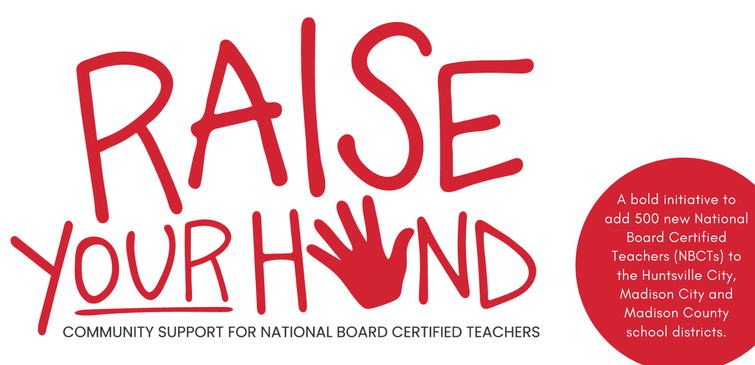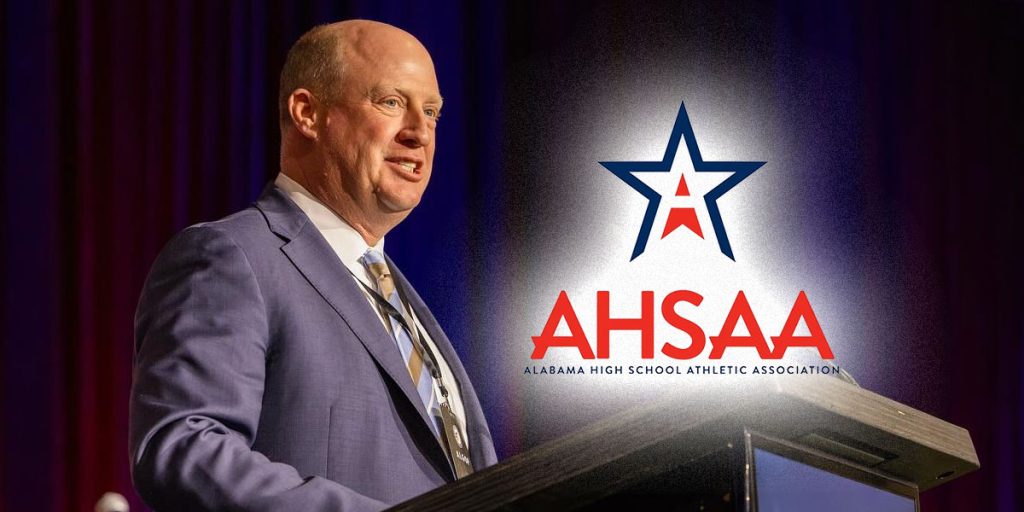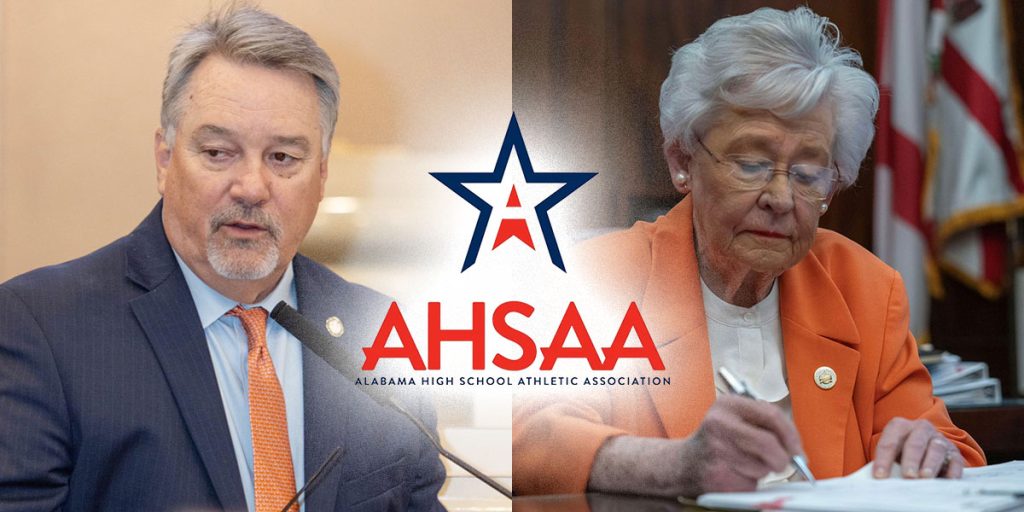HUNTSVILLE – The three superintendents overseeing the public school systems within Madison County made two things clear during a State of the Schools address Tuesday morning – they harbor no ill will toward private schools, but they also want a level playing field.
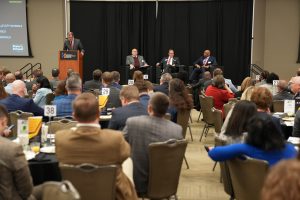
The school choice movement – a national phenomenon which pushes for private and parochial students as well as homeschoolers to be eligible for funding previously reserved for public institutions – threatens already hard-to-come-by-money for the latter.
Superintendents Dr. Clarence Sutton of Huntsville City Schools, Dr. Ed Nichols of Madison City Schools and Kenneth Kubik of Madison County Schools all had issues with Gov. Kay Ivey’s Creating Hope and Opportunity for Our Students’ Education (CHOOSE) Act Tax Credit program. Ivey’s office claimed the measure – which passed the state House on Tuesday and goes to the Senate – is her top priority this legislative session.
The superintendents, along with President Matt Massey of the state-funded and highly acclaimed public school Alabama School of Cyber Technology and Engineering, were guest speakers at the Huntsville/Madison County Chamber’s State of the Schools breakfast Tuesday at the Jackson Center.
According to the educators, there are separate measuring sticks the state uses for public and private schools in areas like testing, teacher evaluations and certifications, administrative paperwork, oversight and moral tethering.
“(State) Senate Bill 143 says that all superintendents, principals and teachers who suspect any student is having an inappropriate relationship with a teacher, that those adults are required under law to report it,” Nichols said. “Now that sounds like a good thing, doesn’t it? It only applies to public schools. Google private school teacher and inappropriate relationship. It doesn’t happen just in the public schools.
“So my point is this – I’m not against anybody. I’m for fairness, accountability and transparency.”
There’s much more to this skirmish other than the above example. For instance, Kubik told the audience county buses travel 11,000 miles per day to transport students. Hazel Green, which is in his system, needs two more high schools but currently can afford only a “pay as you go” approach for the $40 million to $45 million price tag that comes with just one high school.
Kubik decried the lack of funding for things such as a counselor at all schools in his system and fully funded transportation.
“How about before (the state keeps) taking away from public education – how about you fund public education first,” he said. “Talk about fairness, how about that for a change?”
Kubik, who pointed out that all three school systems within the county are considered first-rate compared to counterparts, used an analogy from an associate to describe what’s happening in his opinion.
“We have public parks over here,” he said. “We have beautiful public parks that do a great job.
“But then there’s a country club. So the people that are going to the country club want to take the public money from the public parks so they can go to the country club when we have public parks that are excellent. That’s what it is.”
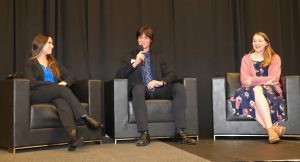
Sutton told 256 Today there’s not necessarily a feeling that public schools are under siege by politicians, but there’s no doubt building frustration.
“It is a delicate line because I do believe in quality education,” Sutton said. “I don’t believe that you hurt public schools to benefit other schools. So I think if you fund us like we are supposed to be funded, and then come with some other funding, I think we can digest it better. But to take it away from us – I think that’s where the angst comes from, the frustration comes from.
“But we’re doing great things. We serve all students, right. We’re not being selective (in students), and to take away from us, or we feel like you’re about to take away from us, but keep the same expectations because we expect to be great, it is a concern.”
All three systems have increasing enrollment as the area’s population continues to expand.
“It is not fair to increase the demand and then take our funding,” Sutton said. “We are not afraid of competition – it leads to innovation. However, don’t have us fighting with both hands tied down and then expect us to perform the same.”
The bill, which was filed by two legislators including state Sen. Arthur Orr (R-Decatur), was introduced by Ivey this month. At the heart of the proposed legislation – a tax credit that would give up to $7,000 for use toward education at accredited schools, including those in the private sector where most, if not all. operate for profit, and other stipends for homeschool students.
Nichols concluded public education in the growing Tennessee Valley will be undermined by CHOOSE.
“We are in the height of this community’s growth,” he said. “How wonderful that is. It is an unprecedented time of growth in North Alabama. While we grow, the expectation also grows of people who are moving here from around the world of what the educational system needs to provide.
“And we need the local leaders at the state level to realize it.”


